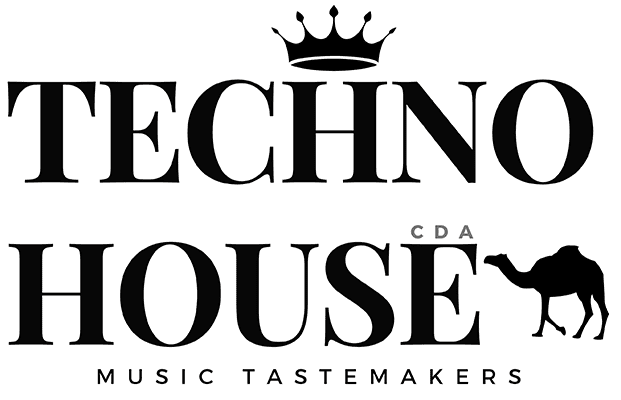

The controversial AI music startup Suno is back in the headlines, this time for a jaw-dropping reason. According to Bloomberg, the company is in talks to raise more than $100 million in fresh funding—and at a stunning $2 billion valuation. That’s nearly four times higher than its previous valuation, proving that investors still see enormous potential despite Suno’s mounting legal troubles.
Founded by Mikey Shulman, Suno is one of the most talked-about platforms in the rapidly evolving world of AI-generated music. The app allows users to create full songs simply by typing text prompts, enabling anyone—musician or not—to produce music in seconds. The result has shaken the traditional music industry to its core.
Suno’s growth has been nothing short of explosive. Reports suggest the platform now generates over $100 million in annual recurring revenue, making it one of the fastest-growing AI startups in the creative tech space. Previous investors include Lightspeed Venture Partners, Nat Friedman, Daniel Gross, Matrix, and Founder Collective.
However, success hasn’t come without controversy. Suno, along with rival Udio, is currently being sued by Sony Music Entertainment, Universal Music Group, and Warner Records. The major labels claim that these AI companies illegally trained their models on copyrighted music, using artists’ work without consent. They’re reportedly seeking damages of up to $150,000 per infringed song, which could easily run into the billions.
In response, sources say Suno is now in settlement talks with the labels, exploring potential licensing agreements to legitimize its training data and smooth over industry tensions.
Still, the backlash from the artistic community remains fierce. Many musicians argue that AI platforms like Suno devalue human creativity, turning the sacred craft of songwriting into a quick prompt-driven process. Some even view it as “existential theft,” warning that these systems could flood streaming platforms with cheap, imitation tracks.
Adding fuel to the fire, CEO Mikey Shulman sparked outrage earlier this year after suggesting that most people don’t find making music enjoyable. Speaking on the 20VC podcast, he said, “It takes a lot of time, it takes a lot of practice, and most people don’t enjoy the majority of that process.” His comments drew harsh criticism from artists who see music as a passion, not a burden.
Despite the controversy, Suno’s rising valuation signals that investors are betting on the future of AI music—lawsuits or not. Whether it will become a legitimate creative tool or a cautionary tale remains to be seen, but one thing is certain: the battle for the soul of music has officially entered the AI era.
Conclusion:
Suno’s $2 billion valuation proves that the AI music revolution is just getting started. Yet, as legal challenges and moral debates intensify, the industry stands at a crossroads. Will AI enhance creativity—or erase it? Only time, and perhaps a few court rulings, will tell.

